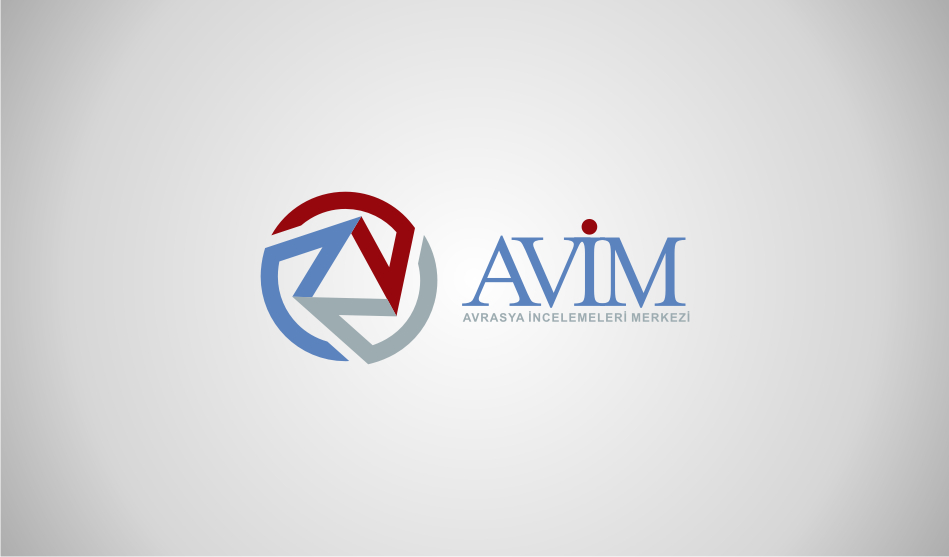
The Center for Eurasian Studies (AVİM), a non-profit think tank based in Ankara, has celebrated its 14th anniversary on 2 January 2023. Even though its institutional identity began on 2 January 2009, as indicated in one of our articles in 2020, AVİM's research within the framework and understanding of a think tank stretches back to early 2000s.[1] As noted in that article, it took a relatively long time for the work of think tanks to gain traction in Türkiye. While the effectiveness of Türkiye’s think tanks began to increase, the world community went through periods of severe crises.
For example, the Covid-19 pandemic has swept humanity like the 1918 flu (influenza) pandemic, resulting in millions of people losing their lives. It has caused the greatest health crisis in recent memory, rivaling the destructive effects of the 1918 pandemic. The pandemic has not only taken lives but has also turned the economies and working orders of countries upside down. While trying to heal the wounds caused by the pandemic in the world order, the old continent, Europe, has begun to face a hot war for the first time since the Second World War. Russia's military action against Ukraine has turned into a bloody war. Türkiye, which some in the European Union endeavor to cast as being outside of Europe and even the Balkans, suddenly found itself in the middle of the region where this hot war is taking place. These developments have implications for the intellectual community. Universities, research centers, and think tanks were also significantly affected by these developments. Amidst the public war hysteria, these organizations came under intense pressure to produce works embracing a particular worldview. Such organizations that did not bow to such pressures, remained impartial and brought objective views to the agenda were accused of sitting on the fence or were arbitrarily attributed to have taken one of the opposing sides in the Ukraine-Russia war.
As in the past, AViM has maintained its independent stance against these pressures and continued its activities that prioritizes the objective interests of Türkiye with academic meticulousness at every stage.[2] As part of its objectives, it has sought to illustrate the negative impacts of a Eurocentric approach to regional politics that claims to uphold universal values, but is in truth a power projection tool for Western European (and also North American) countries. AVİM has instead defended Constructive Eurasianism, which considers Türkiye being in the enviable position to act as a true Eurasian nexus because of the country’s unique geographic location.
AVİM continues to serve as a non-profit organization that is open to discussing contrary ideas and cooperating with other organizations that may have starkly different worldviews. It continues to operate with limited domestic contributions and modest budget, and receives no contributions from international private funds or foreign foundations, neither on a project-by-project basis nor as part of financial aid.
AVİM, which is approaching the fifteenth year of its founding, will continue its essentially academic oriented studies and research, to publish its journals of “Ermeni Araştırmaları”, “Review of Armenian Studies (RAS)”, “International Crimes and History / Uluslararası Suçlar ve Tarih (UST/ICH)” and “Eurasian World/Avrasya Dünyası” with the same care and diligence while keeping in mind the objective interests of Türkiye above all other interests.
[1] Teoman Ertuğrul Tulun, “AVİM On The Eleventh Anniversary Of Its Founding,” 2020 5 (May 2, 2020): 3, https://doi.org/10.31219/osf.io/8yefa , https://avim.org.tr/en/Yorum/AVIM-ON-THE-ELEVENTH-ANNIVERSARY-OF-ITS-FOUNDING .
[2] Teoman Ertuğrul Tulun and Mehmet Oğuzhan Tulun, “Turkey’s Interests And Constructive Eurasianism,” Center For Eurasian Studies Analysis Series 2022, no. 22 (May 5, 2022): 4, https://doi.org/10.31219/osf.io/72c8d , https://avim.org.tr/en/Yorum/TURKEY-S-INTERESTS-AND-CONSTRUCTIVE-EURASIANISM .
© 2009-2025 Center for Eurasian Studies (AVİM) All Rights Reserved
No comments yet.
-
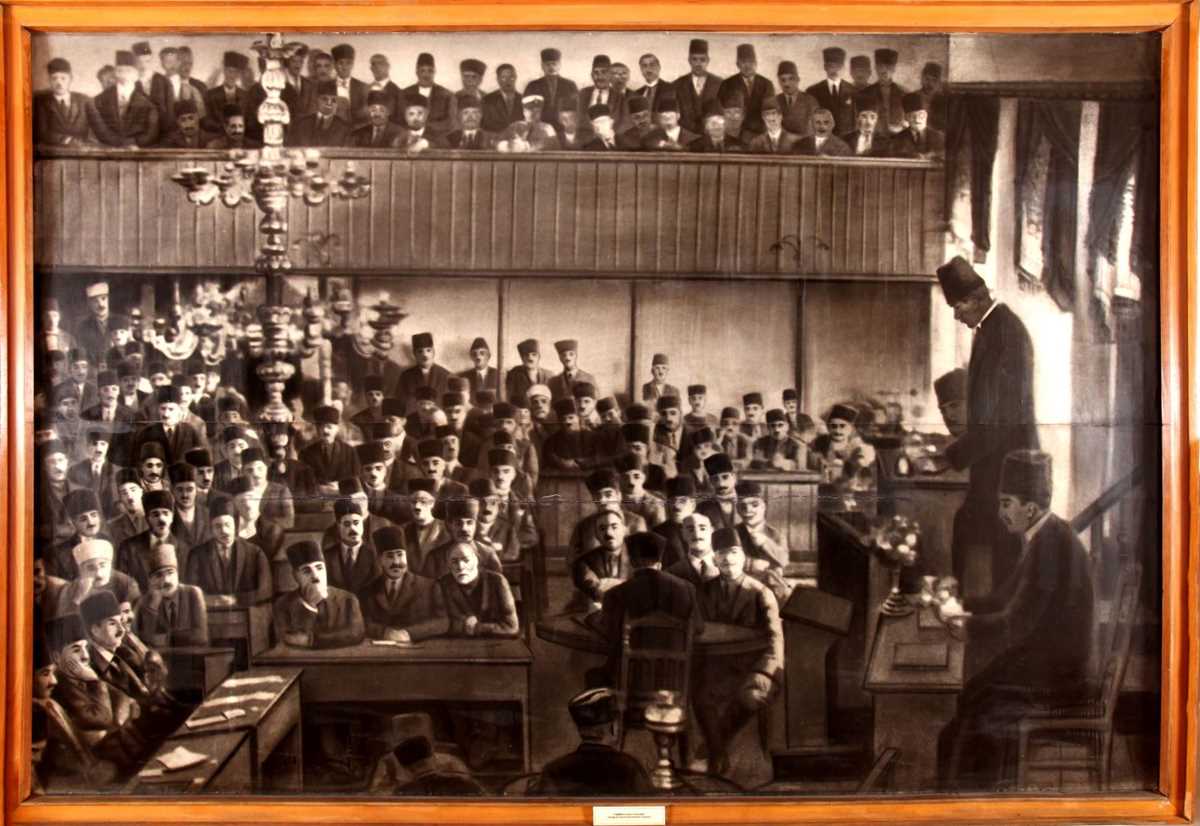 TÜRKİYE PROUDLY CELEBRATING THE CENTENNIAL OF THE SIGNING OF THE LAUSANNE PEACE TREATY
TÜRKİYE PROUDLY CELEBRATING THE CENTENNIAL OF THE SIGNING OF THE LAUSANNE PEACE TREATY
Teoman Ertuğrul TULUN 24.07.2023 -
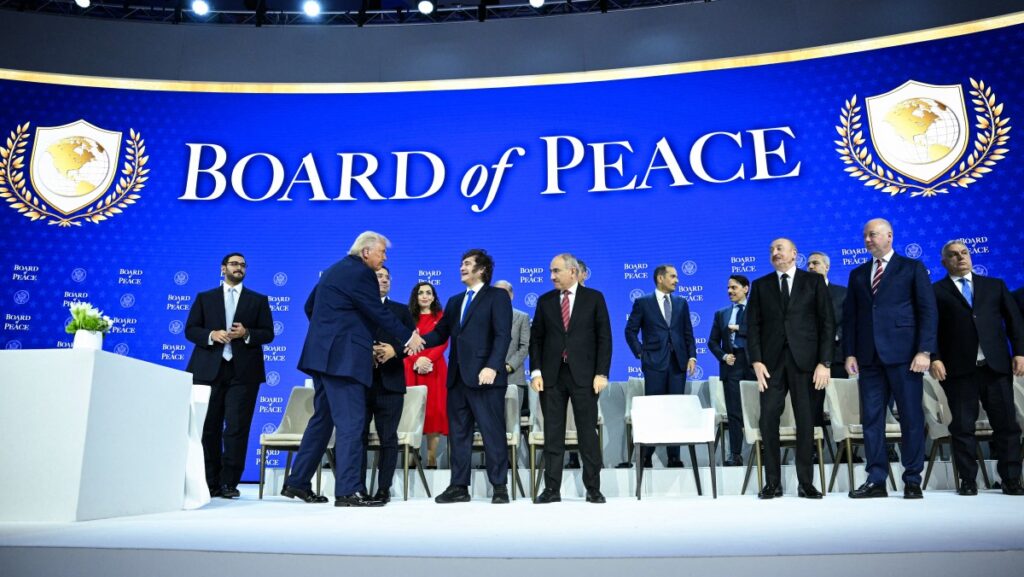 ROMANIA, THE BLACK SEA, AND THE LIMITS OF STRATEGIC SUBSTITUTION
ROMANIA, THE BLACK SEA, AND THE LIMITS OF STRATEGIC SUBSTITUTION
Teoman Ertuğrul TULUN 12.02.2026 -
 THE EUROPEAN PARLIAMENT RESOLUTION AND THE TERRORIST ATTACK AT CHRISTCHURCH
THE EUROPEAN PARLIAMENT RESOLUTION AND THE TERRORIST ATTACK AT CHRISTCHURCH
Teoman Ertuğrul TULUN 15.03.2019 -
 FUNCTIONAL COOPERATION VS EU’S COERCIVE FRAMEWORKS IN THE BLACK SEA BASIN
FUNCTIONAL COOPERATION VS EU’S COERCIVE FRAMEWORKS IN THE BLACK SEA BASIN
Teoman Ertuğrul TULUN 29.04.2025 -
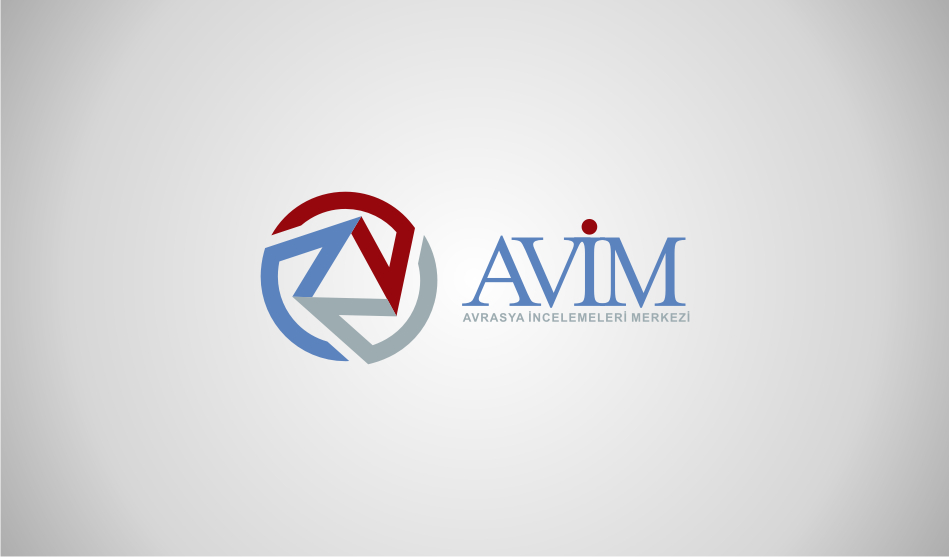 CONSTRUCTIVE EURASIANISM AND COOPERATIVE SECURITY: AVİM’S PERSPECTIVE ON THE BLACK SEA REGION
CONSTRUCTIVE EURASIANISM AND COOPERATIVE SECURITY: AVİM’S PERSPECTIVE ON THE BLACK SEA REGION
Teoman Ertuğrul TULUN 10.10.2025
-
 ARMENIAN LEGAL ATTEMPTS ARE FUTILE
ARMENIAN LEGAL ATTEMPTS ARE FUTILE
Aslan Yavuz ŞİR 27.02.2017 -
ELECTIONS IN ARMENIA
Ömer Engin LÜTEM 09.05.2012 -
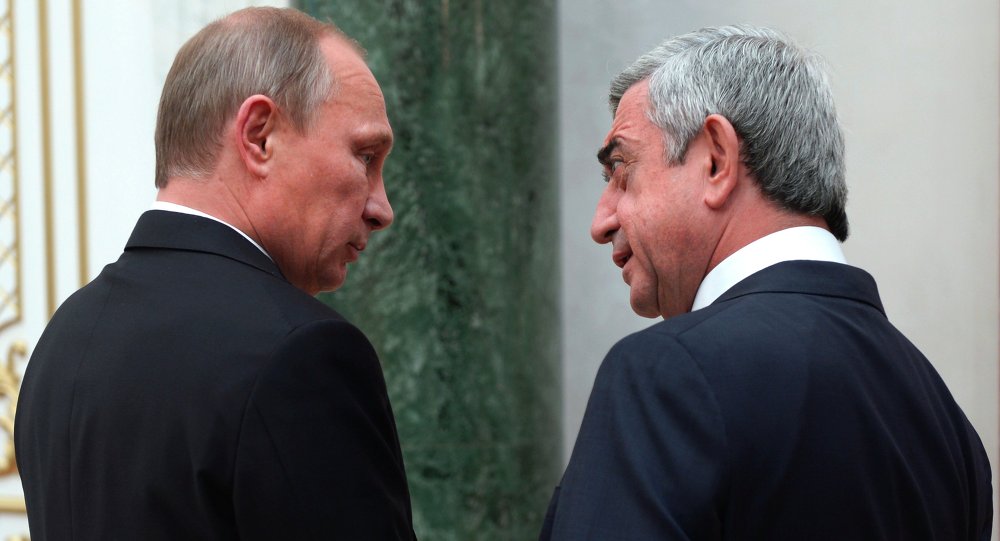 WHERE ARE THE ARMENIAN INTERESTS? THE ARMENIAN POSITION IN THE US-RUSSIA TENSION.
WHERE ARE THE ARMENIAN INTERESTS? THE ARMENIAN POSITION IN THE US-RUSSIA TENSION.
Nigar SHİRALİZADE 24.04.2018 -
 ARMEN SARKISSIAN’S PRESIDENCY AND THE QUESTIONS ON ETHICS AND POLITICAL CULTURE IN ARMENIA
ARMEN SARKISSIAN’S PRESIDENCY AND THE QUESTIONS ON ETHICS AND POLITICAL CULTURE IN ARMENIA
Turgut Kerem TUNCEL 12.04.2018 -
 AVİM ON THE ROAD TO THE FIFTEENTH ANNIVERSARY OF ITS FOUNDING
AVİM ON THE ROAD TO THE FIFTEENTH ANNIVERSARY OF ITS FOUNDING
Teoman Ertuğrul TULUN 12.01.2023
-
25.01.2016
THE ARMENIAN QUESTION - BASIC KNOWLEDGE AND DOCUMENTATION -
12.06.2024
THE TRUTH WILL OUT -
27.03.2023
RADİKAL ERMENİ UNSURLARCA GERÇEKLEŞTİRİLEN MEZALİMLER VE VANDALİZM -
17.03.2023
PATRIOTISM PERVERTED -
23.02.2023
MEN ARE LIKE THAT -
03.02.2023
BAKÜ-TİFLİS-CEYHAN BORU HATTININ YAŞANAN TARİHİ -
16.12.2022
INTERNATIONAL SCHOLARS ON THE EVENTS OF 1915 -
07.12.2022
FAKE PHOTOS AND THE ARMENIAN PROPAGANDA -
07.12.2022
ERMENİ PROPAGANDASI VE SAHTE RESİMLER -
01.01.2022
A Letter From Japan - Strategically Mum: The Silence of the Armenians -
01.01.2022
Japonya'dan Bir Mektup - Stratejik Suskunluk: Ermenilerin Sessizliği -
03.06.2020
Anastas Mikoyan: Confessions of an Armenian Bolshevik -
08.04.2020
Sovyet Sonrası Ukrayna’da Devlet, Toplum ve Siyaset - Değişen Dinamikler, Dönüşen Kimlikler -
12.06.2018
Ermeni Sorunuyla İlgili İngiliz Belgeleri (1912-1923) - British Documents on Armenian Question (1912-1923) -
02.12.2016
Turkish-Russian Academics: A Historical Study on the Caucasus -
01.07.2016
Gürcistan'daki Müslüman Topluluklar: Azınlık Hakları, Kimlik, Siyaset -
10.03.2016
Armenian Diaspora: Diaspora, State and the Imagination of the Republic of Armenia -
24.01.2016
ERMENİ SORUNU - TEMEL BİLGİ VE BELGELER (2. BASKI)
-
AVİM Conference Hall 24.01.2023
CONFERENCE TITLED “HUNGARY’S PERSPECTIVES ON THE TURKIC WORLD"









